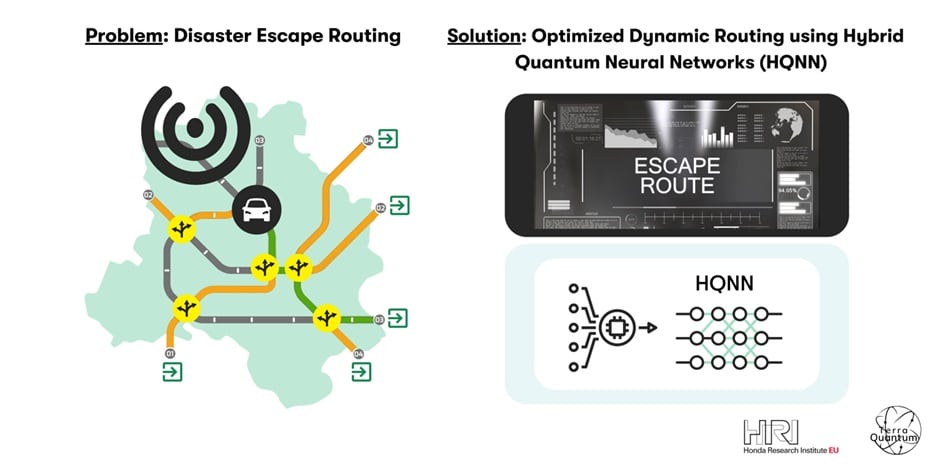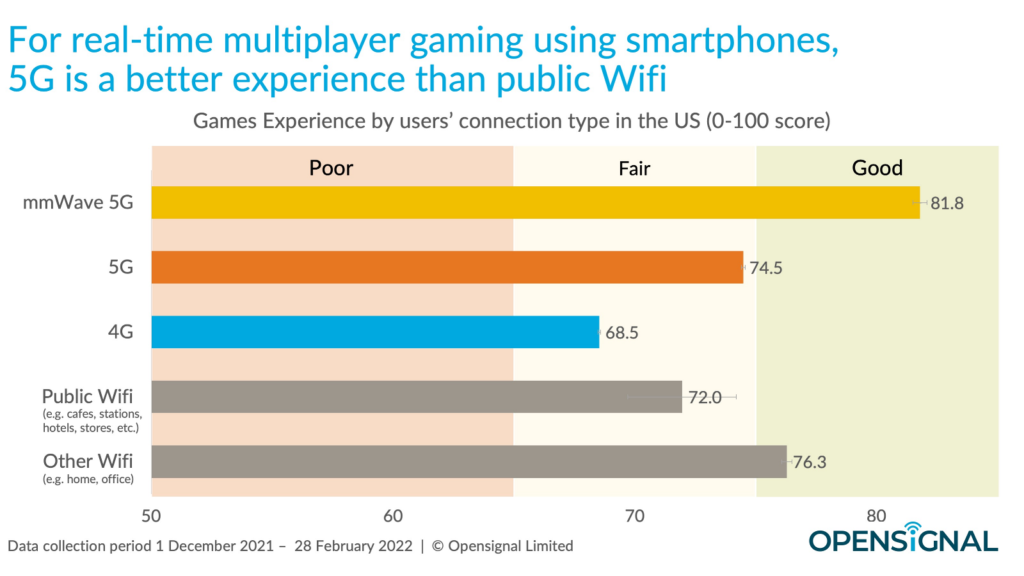Over the last five decades, the frequency of disasters has surged by five times, primarily due to climate change and extreme weather patterns. Responding promptly to these emergencies is crucial and has a significant impact on public safety. However, the unpredictable nature of disasters poses a major challenge for implementing technical solutions.
Honda Research Institute Europe (HRI-EU), a renowned center for cutting-edge research in intelligent systems, has successfully tested a new solution for mapping evacuation routes for individuals escaping natural disasters like earthquakes and floods.
The researchers at the institute collaborated with quantum computing experts at Terra Quantum Group, a leading quantum technology company based in Germany and Switzerland, to develop a system using hybrid quantum machine learning. This system aims to enhance mobility challenges in adverse conditions by optimizing evacuation routes during emergencies.
Terra Quantum has introduced an innovative approach to provide real-time optimal escape routes for people evacuating disasters in their vehicles. Leveraging their unique intellectual property, algorithms, and Quantum Machine Learning technology, they predict efficient dynamic escape routes to minimize evacuation times. Quantum algorithms are known for their flexibility, adaptability, and scalability, making them valuable for managing crowd flows during large-scale events or natural disasters.

“Identifying realistic problems where quantum technologies may unfold their potential constitutes one of the biggest challenges in the field today. This work represents a promising step in that direction and shows how to employ hybrid quantum-classical learning architectures in a real-world use case,” said Dr. Sebastian Schmitt, Principal Scientist at HRI-EU.
As part of the Proof of Concept (POC), an earthquake scenario was simulated in the town of Furubira, Japan. The novel solution demonstrated very promising results, predicting efficient dynamic escape routes for vehicles and, therefore, minimizing evacuation times.
The team notes that the quantum computing solution already shows competitive efficiency compared to traditional methods, even when run on classical hardware. It utilizes quantum machine learning and only requires local information, which is less than 1% of the map data, to make decisions. This feature is particularly beneficial in emergencies with high levels of uncertainty.
Currently, the solutions are derived from quantum simulations executed on classical computing hardware. However, there is potential to expand this application to run on large-scale quantum computing hardware in the future.
The researchers believe that their approach can be integrated with existing platforms like Google Maps and future technologies such as drones and satellite data. This integration could enhance GPS navigation algorithms in vehicles by incorporating data on traffic flow, congestion, road closures, and weather conditions.
The next phase involves scaling the technology for larger cities and regions, incorporating more variables and complexities to enhance its effectiveness.
Journal reference:
- Nathan Haboury, Mo Kordzanganeh, Sebastian Schmitt, Ayush Joshi, Igor Tokarev, Lukas Abdallah, Andrii Kurkin, Basil Kyriacou, Alexey Melnikov. A supervised hybrid quantum machine learning solution to the emergency escape routing problem. arXiv, 2023; DOI: 10.48550/arXiv.2307.15682



